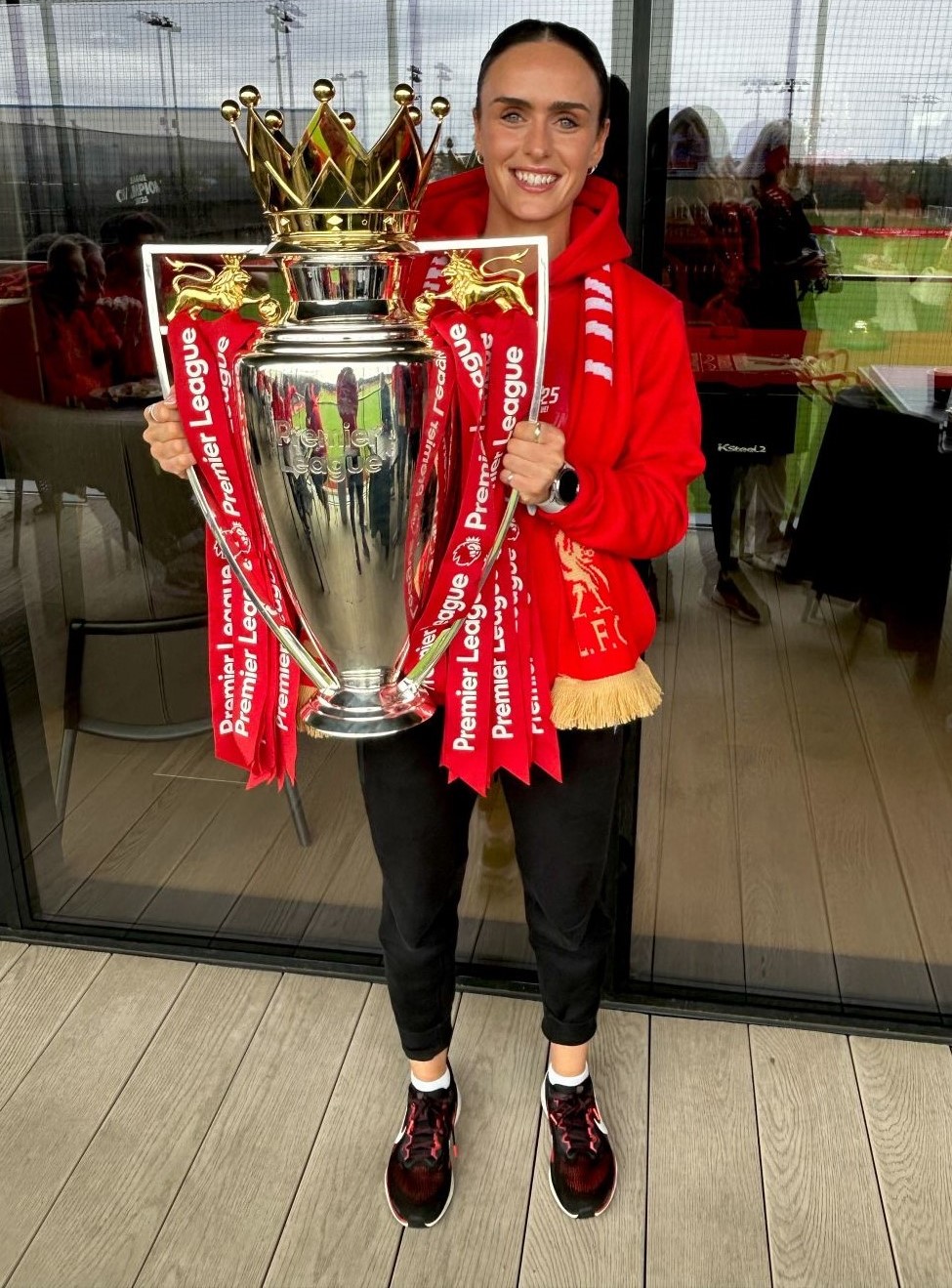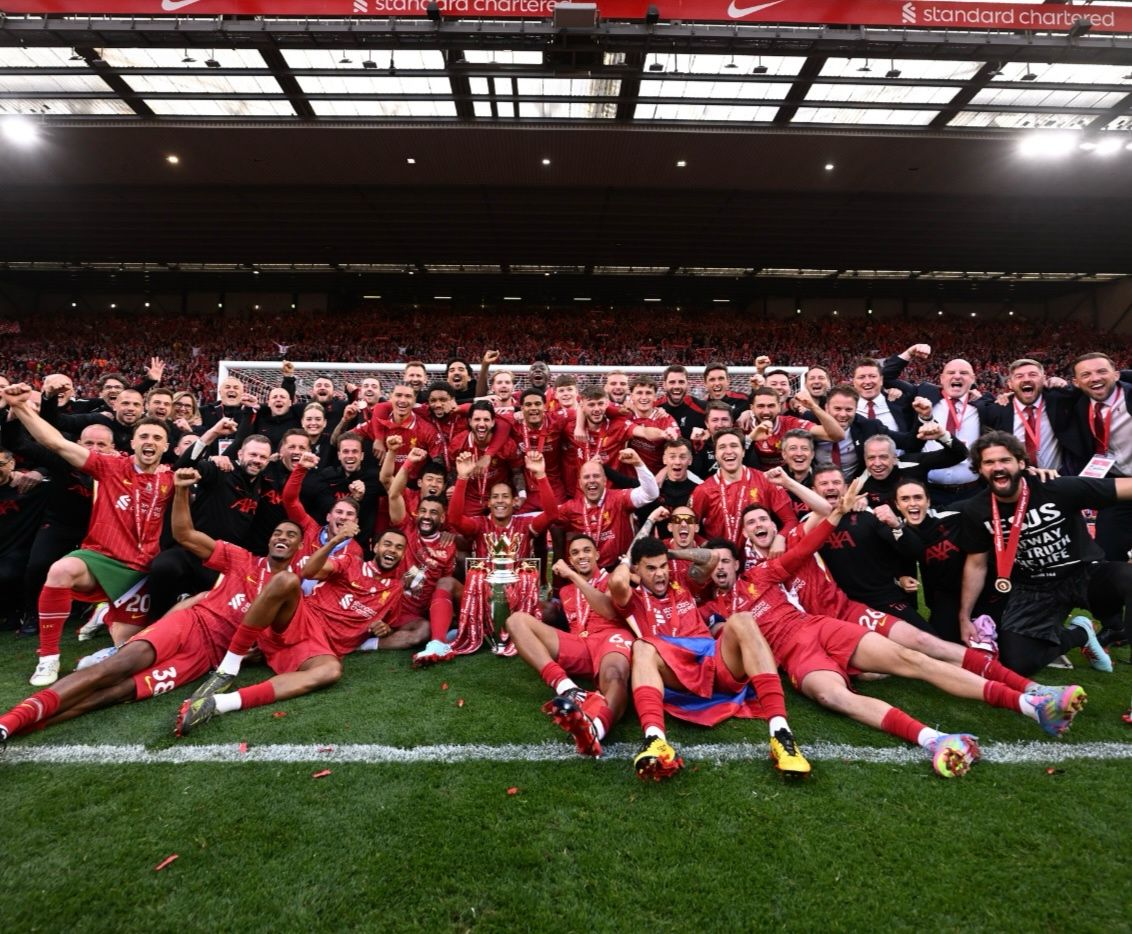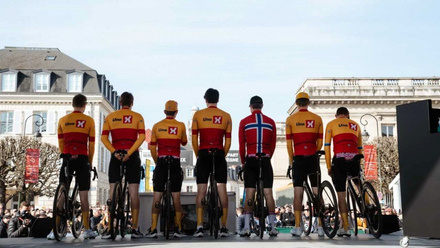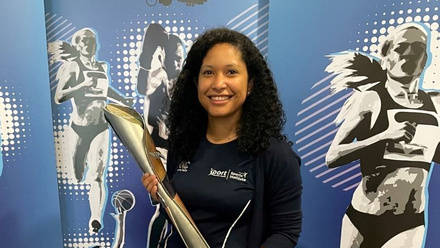Sports and Exercise Nutrition Register (SENR) Executive Support Consultant Dr Alan Kennedy spoke with Clare Farrell, SENR Practitioner Registrant and Lead Performance Nutritionist at Liverpool Football Club, following the club’s record-equalling 20th English League title win this year.
Alan Kennedy (AK): Congratulations, Clare, on your contribution to this significant milestone in Liverpool Football Club’s illustrious roll of honour.
Before we get there though, can you tell us a bit about your formative years, and the reasons why you were drawn to a career in the health sciences and sports nutrition?

Clare Farrell (CF): Sport and food were a big part of my upbringing. I started playing Gaelic football and soccer at a young age, and enjoyed all things food.
I enjoyed cooking and learning about where the food we eat comes from in the garden and farm, and picking blackberries off the hedgerows!
A key moment for me was when a nutritionist spoke with my under-14 football team, advising on the food to eat before and after training and games. We received a Football Association of Ireland player diary (which I still have to this day) with nutrition and hydration recommendations, match/training performance, and food and sleep logs.
This diary became my performance bible, and this is when the penny dropped that the food we eat, and don’t eat, could influence energy levels and performance on the pitch.
AK: What educational path did you take to pursue those interests, and were there some key people, or experiences, that guided your educational and working journey towards your current position?
CF: Upon finishing school, I studied for a BSc in Human Nutrition at University College Dublin, which included a 10-month placement at the Western Human Nutrition Research Centre, at UC Davis California.
Following graduation, I undertook a performance nutrition internship, supervised by Dr Crionna Tobin [Head of Science and Education at Glanbia Performance Nutrition], who provided guidance on my educational and career path. Crionna was always hard-working and very driven, and passionate about helping others.
Subsequently, I enrolled at Loughborough University to pursue an MSc in Sport and Exercise Nutrition, which put me on a pathway to a career in performance nutrition.
I gained invaluable applied experience through a placement at the English Institute of Sport, supporting British Triathlon, and further postgraduate work, with athletes and teams in various sporting disciplines, helped hone my skills as a practitioner.
A focus on practice within high-performance team sports began with a stint at West Ham United women’s team and a subsequent move to Munster Rugby, where I progressed from academy performance nutritionist to lead performance nutritionist.
Ruth Wood-Martin [former Irish Rugby Football Union (IRFU) Head of Nutrition] and Emma Gardner [current IRFU Head of Nutrition] were both incredible mentors and inspirational leaders during my time working with Munster Rugby. Dr David Dunne was another influential practitioner in my journey.
I worked alongside David on recipe development for the Hexis app [an application providing personalised fuelling strategies for athletes]. David was instrumental in my career journey, and always a phone call away to bounce ideas off and help me problem solve in the early days of my practice.
I am very lucky to have been able to work alongside and learn from some of the best in the field.
AK: You enjoyed a successful time at Munster Rugby, supporting their 2023 URC Final win in South Africa being an undoubted highlight. What prompted your move to Liverpool FC?
CF: I loved my time working in rugby, adapting nutrition strategies to meet high recovery demands, as well as supporting a large squad of players with diverse nutrition requirements.
Working in different environments and sports brings about new challenges, tailoring approaches to best support the game, training demands, players and MDT group – the opportunity with Liverpool was an exciting new challenge that I felt I was ready for.
AK: Tell us about your current role at Liverpool, describing the work that you do.
CF: I am Lead Performance Nutritionist with Liverpool FC, supporting the senior men’s squad on an individual and team level. My work involves tailoring training day, pre-match day and match day fuelling strategies, as well as overseeing supplement plans, recovery and periodised nutritional intake.

AK: Within this role, what are the major challenges you encounter towards effective sports nutrition provision? What strategies have you developed to overcome these challenges?
CF: Congested fixture lists, with short recovery windows, challenge players to consume enough recovery nutrition and to fuel in preparation for the next game.
Often, these meals and snacks are consumed on the go, potentially on buses, trains, flights and away in hotels, which brings logistical challenges to my role – so being very organised and prepared in advance is key.
An important part of my role is adapting to the specific needs of the player and adjusting my approach/language/support/feedback to help them problem solve around their unique challenges in a way that resonates with them.
Influencing superstitious habits and rituals can be challenging with experienced first-team players – building their trust and buy-in is key. What you do in a performance nutrition environment is important, but I believe how you do it is the most important!
AK: What value does BDA membership and registration with the SENR have for your professional practice?
CF: BDA membership provides a platform and community for like-minded practitioners to share ideas and learn from each other, and provides an assurance policy for performance nutritionists, who currently don’t have a protected title.
Find out more about SENR membership for sports nutritionists here.







